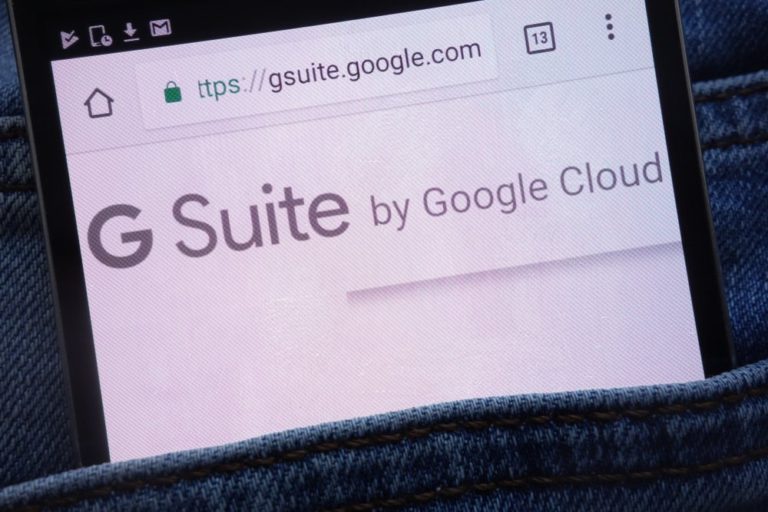Google has decided to make its G Suite security alert service widely available. Previously only available in a beta version, the software is now ready to help G Suite organizations detect threats and take action to turn them down.
The warning service was unveiled in September. Designed to complement Google’s business platform, the G Suite, it brings alerts and notifications together in a single interface. Machine learning is used to detect phishing attempts, malware emails and attachments, and other criminal activities.
Criminal activity
In addition, the system also recognises IP addresses that were previously linked to a criminal activity. Even if an IP address was previously on a whitelist, the software can recognise whether it is a reliable sender. Devices linked to the system are checked for evidence of jailbreaking or rooting, and warnings are sent to system administrators if anything seems to be wrong.
There are several warnings that can be issued. Suppose, for example, that there is a suspicious increase in spam, or that there are suspicious login attempts. User accounts that exhibit strange activity can be proactively blocked so that system administrators can find out if something is really going on.
No longer optional
Previously, the service was optional, but Google has now enabled it for all system administrators. This choice was made because few people seemed to be aware of the existence of the service. The system is available for all versions of the G Suite and will be rolled out over the next fifteen days.
It is estimated that less than 0.1 percent of all users of Google services are subject to hacking attempts. Yet there is increasing political pressure on service providers such as Google to significantly increase their security measures. This update shows that Googel also complies with this.
This news article was automatically translated from Dutch to give Techzine.eu a head start. All news articles after September 1, 2019 are written in native English and NOT translated. All our background stories are written in native English as well. For more information read our launch article.